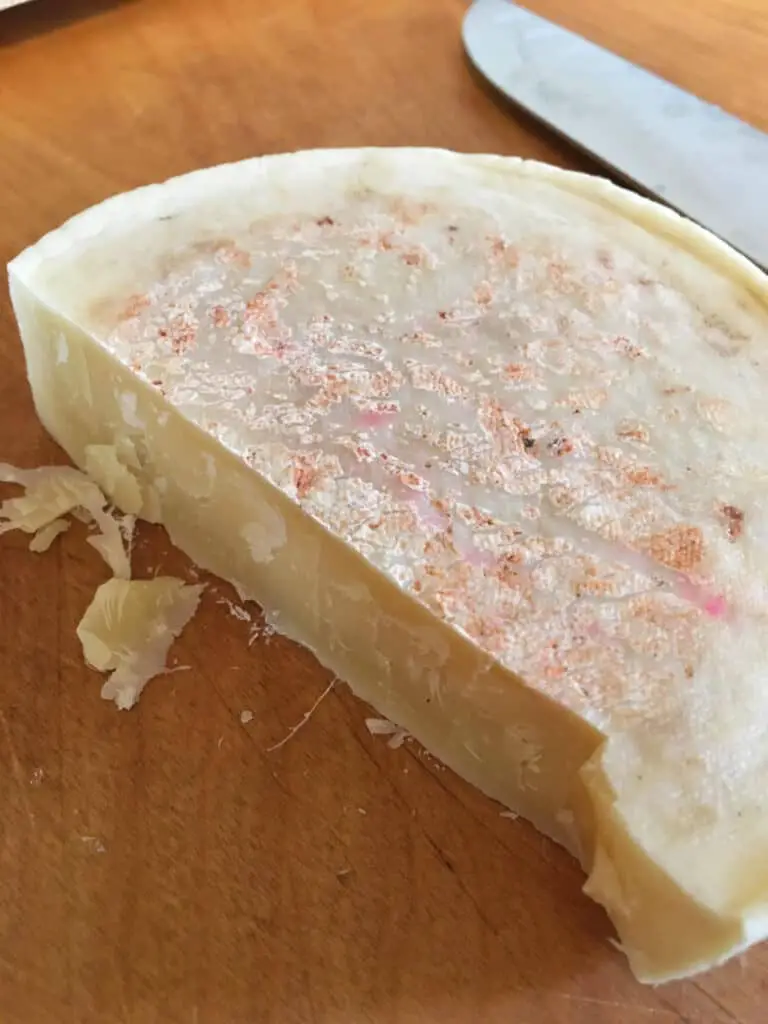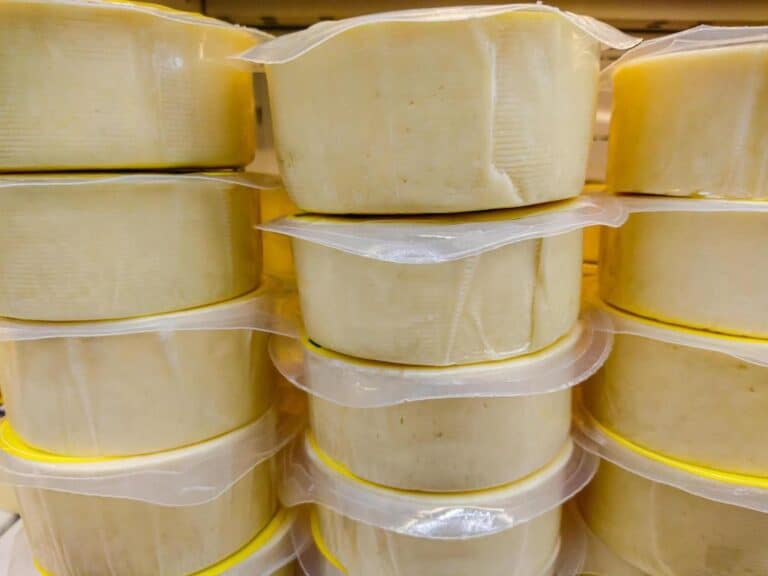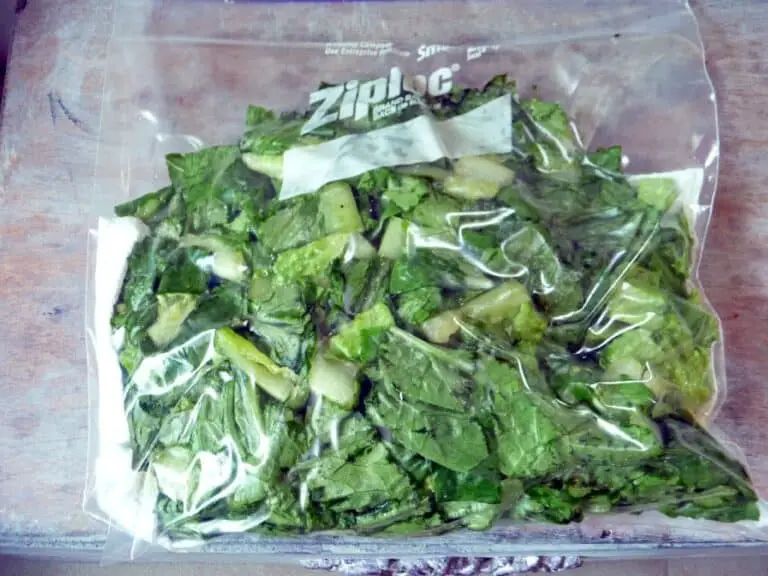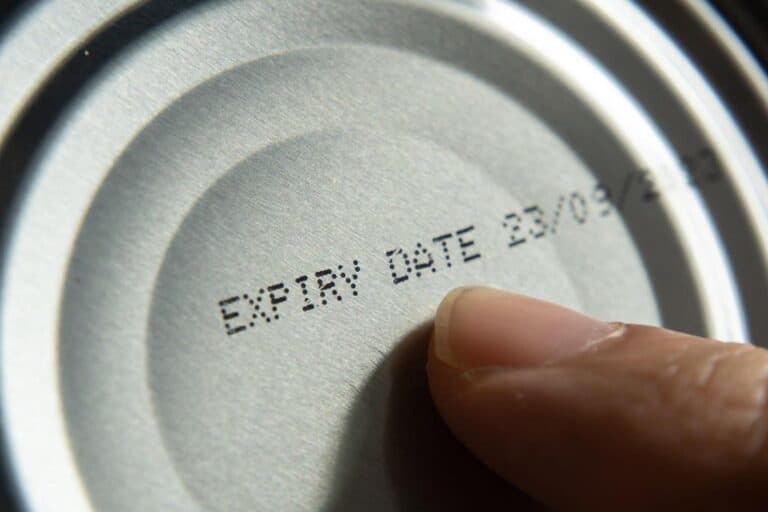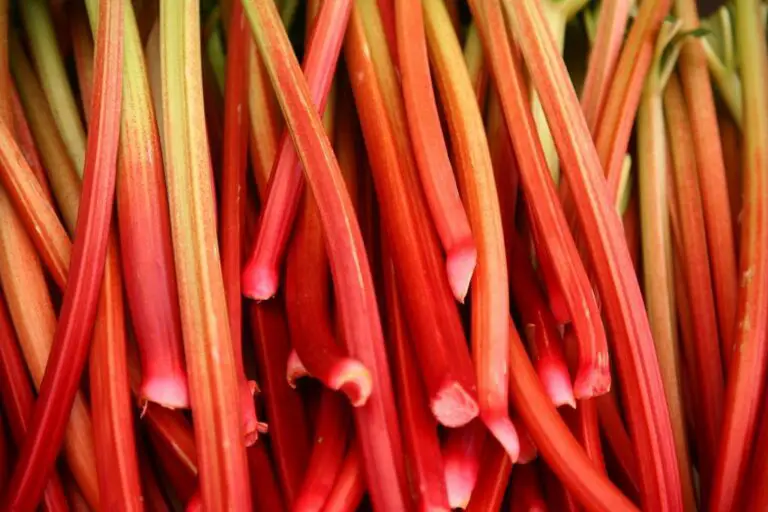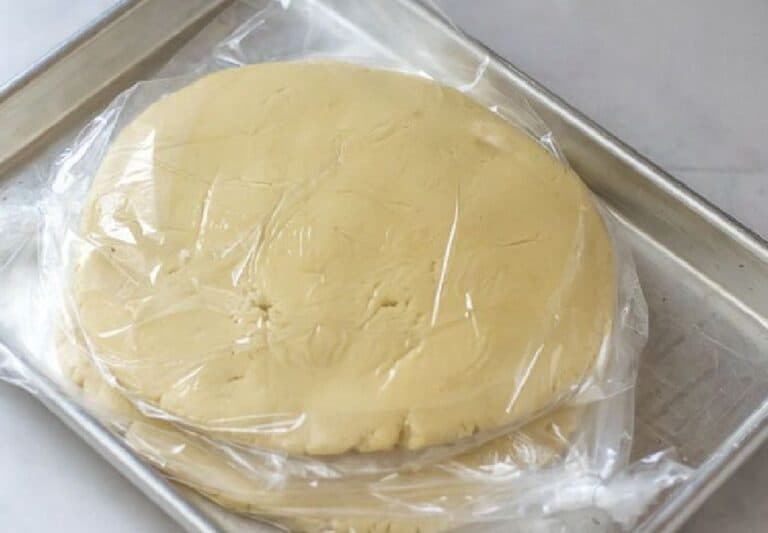How Long Do Rice Cakes Last After Opening? Are They Still Good?
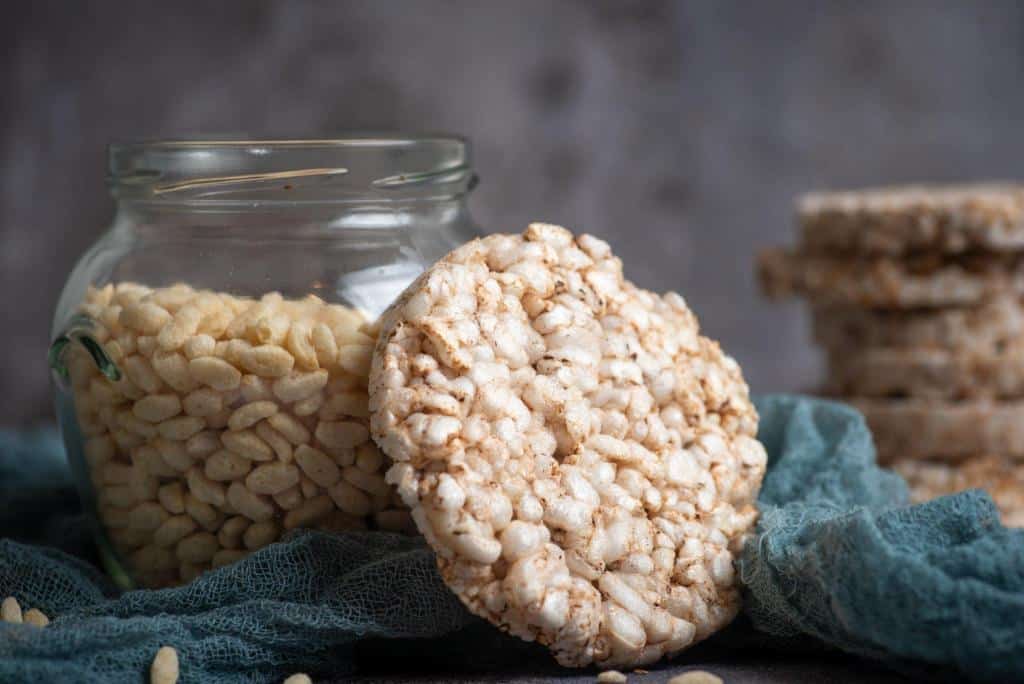
Rice cakes are a popular snack that can be enjoyed in many different ways. Rice cakes are known for being low in calories and high in fiber, making them a great option for those who are trying to eat healthier.
If you’re like most people, you’ve probably wondered about the shelf life of your favorite snacks. And if you’re a fan of rice cakes, you might be curious about how long they last after opening. Are they still good to eat after a week, a month, or even longer?
In this article, we’ll dive into the world of rice cakes and explore how long they last after opening. We’ll look at factors that affect their shelf life, such as storage conditions, and discuss how to tell if your rice cakes have gone bad. So, whether you’re a rice cake aficionado or simply looking for a healthy snack, keep reading to learn more about the shelf life of rice cakes.
Why Are Rice Cakes So Popular?
Over the years, rice cakes have become a staple in many households and diets. There are many reasons why rice cakes have become so popular, ranging from their health benefits to their versatility and convenience.
One reason why rice cakes have become so popular is because they are a healthy and low-calorie snack. Made from whole grain brown rice, rice cakes are a good source of complex carbohydrates, fiber, and protein. They are also low in fat, sugar, and calories, making them an ideal snack for people who are watching their weight or looking to maintain a healthy diet.
Another reason why rice cakes have become so popular is their versatility. Rice cakes can be eaten on their own or used as a base for a wide range of toppings and spreads. From sweet to savory, the possibilities are endless when it comes to rice cake toppings. Some popular toppings include peanut butter, hummus, avocado, fruit, and vegetables.
Rice cakes are also very convenient, which is another reason why they have become so popular. They are easy to pack and take with you on the go, making them a great snack option for people who are always on the move.
They also have a long shelf life, which means that they can be stored for a long time without spoiling. This makes them a great pantry staple that can be used whenever you need a quick and healthy snack.
Furthermore, rice cakes have become popular due to their gluten-free nature. This makes them an ideal snack for people who suffer from gluten intolerance or celiac disease. Unlike many other snacks, rice cakes are made from whole grain brown rice, which is naturally gluten-free. People who cannot consume gluten can enjoy rice cakes without worrying about any adverse reactions.
How Long Do Rice Cakes Last After Opening (Shelf Life)
The shelf life of rice cakes can vary depending on a number of factors. Generally speaking, unopened rice cakes can last up to six months or more, depending on the brand and the storage conditions.
However, once the package has been opened, the shelf life of rice cakes is significantly shorter. In general, opened rice cakes will last for around one month.
Factors That Affect the Shelf Life of Rice Cakes
There are several factors that can affect the shelf life of rice cakes. One of the most important factors is the way that they are stored. Rice cakes should be kept in a cool, dry place that is free from moisture and direct sunlight. If they are exposed to moisture, they can become soft and lose their crispiness. They can also become moldy if they are stored in a damp environment.
The packaging of rice cakes can also affect their shelf life. Some rice cakes are packaged in a way that is designed to keep them fresh for longer. Some brands use vacuum-sealed packaging to prevent air and moisture from entering the package. This can help extend the shelf life of the rice cakes.
How to Store Rice Cakes to Extend Their Shelf Life
To extend the shelf life of rice cakes, it is important to store them properly. Here are some tips on how to store rice cakes:
- Keep them in a cool, dry place: Rice cakes should be stored in a cool, dry place that is free from moisture and direct sunlight. A pantry or cupboard is a good option.
- Avoid storing rice cakes in the refrigerator: Keeping them in the fridge can cause them to absorb moisture and become soggy.
- Keep them in the original packaging: The packaging that rice cakes come in is designed to keep them fresh for as long as possible. If possible, keep them in the original packaging.
- Seal the package tightly: If the package has been opened, make sure to seal it tightly to prevent air and moisture from entering.
- Keep separately from other foods: Rice cakes can absorb odors from other foods, so it’s best to store them separately from strong-smelling foods.
Signs that Rice Cakes Have Gone Bad
It is important to be able to recognize the signs that your rice cakes have gone bad. Here are some signs that your rice cakes may be past their prime:
- They are soft or mushy: If your rice cakes are no longer crispy and have become soft or mushy, it is a sign that they have absorbed moisture and are no longer fresh.
- They have a strange smell: If your rice cakes have a strange or off-putting odor, it is a sign that they may have gone bad.
- They have mold: If you see any mold on your rice cakes, it is a clear sign that they have gone bad and should be thrown away immediately.
- Changes in taste and texture: The chances can include a stale or rancid taste, or a soft and mushy texture. If you notice any of these signs, it’s best to discard the rice cakes.
If you notice any of these signs, it is important to discard the rice cakes and not consume them.
Risks of Eating Spoiled Rice Cakes
Rice cakes, like any food, can spoil and pose risks to your health if consumed after their shelf life has expired. Eating expired rice cakes or spoiled ones can lead to food poisoning, which can cause symptoms such as nausea, vomiting, diarrhea, and stomach cramps.
One of the main risks of eating spoiled expired rice cakes is the presence of harmful bacteria, such as Salmonella or E. coli. These bacteria can grow on the surface of the rice cakes, especially if they have not been stored properly or have been exposed to moisture or high temperatures.
When consumed, these bacteria can cause food poisoning, which can be particularly dangerous for young children, pregnant women, and people with weakened immune systems.
Another risk of eating spoiled rice cakes is the presence of mold. If rice cakes are not properly stored in a cool, dry place, they can become moldy, which can be harmful to your health. Mold can produce toxic substances that can cause a range of health problems, including allergic reactions, respiratory problems, and even cancer. If you notice any mold on your rice cakes, it is important to throw them away immediately and not consume them.
Eating spoiled rice cakes can also lead to food waste, which can have a negative impact on the environment. When food is thrown away, it contributes to greenhouse gas emissions and other environmental problems. By being aware of the shelf life of rice cakes and storing them properly, you can reduce food waste and help protect the environment.
To avoid the risks of eating spoiled rice cakes, follow proper food safety practices. Always check the expiration date on the package and discard any rice cakes that are past their shelf life. Store rice cakes in a cool, dry place, away from moisture and high temperatures.
How to Dispose of Spoiled Rice Cakes
When you want to throw away spoiled rice cakes, do so in a safe and responsible manner. The last thing you want is for someone or something to accidentally ingest them and become ill. The good news is that disposing of rice cakes is easy and straightforward.
- First, check the expiration date on the package and examine the rice cakes for any signs of spoilage. If the rice cakes are past their expiration date or show any signs of mold, discoloration, or an off odor, they should be discarded.
- To dispose of rice cakes, start by sealing them in a plastic bag or container. This will help contain any odors and prevent animals or insects from getting into the trash. It’s also a good idea to double-bag the rice cakes to ensure that they are fully contained.
- Next, place the bag or container in the trash and make sure it is securely closed. If possible, take the trash out immediately to avoid any odors or attractants in your home.
- Rice cakes should not be composted. While it may seem like they would break down quickly, they can actually take a long time to decompose and attract pests.
- You may feed them to birds or other wildlife. This can be a good way to avoid waste and provide a snack for local wildlife. However, it’s important to ensure that the rice cakes are not spoiled and that they are not a danger to the animals consuming them.
- In some cases, rice cakes may be suitable for donation to a food bank or shelter. However, it’s important to check with the organization first to see if they accept this type of donation and to ensure that the rice cakes are still within their expiration date and safe to consume.
FAQs
Can rice cakes be a part of a gluten-free diet?
Yes, rice cakes are naturally gluten-free and can be a part of a gluten-free diet.
Are rice cakes suitable for vegans?
Yes, most rice cakes are suitable for vegans, but it is important to check the ingredient list, as some may contain animal products.
Can rice cakes be used as a substitute for crackers?
No, rice cakes cannot be used as a substitute for rice in recipes, as they have a different texture and flavor.

